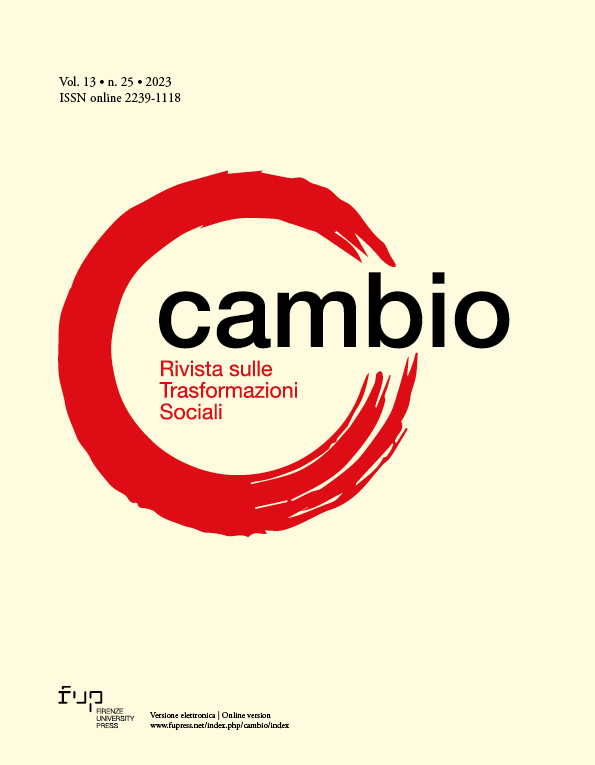Il Capitale Morale. L’inclusività nelle organizzazioni tra incentivi economici e resistenze culturali
Published 2023-10-31
Keywords
- Diversity and inclusion,
- Multiculturalism,
- Organization,
- Cultural Capital,
- Intersectionality
How to Cite
Copyright (c) 2023 Raffaele Alberto Ventura, Stella Pinna Pintor

This work is licensed under a Creative Commons Attribution 4.0 International License.
Abstract
The sociological and cultural changes sweeping today’s societies are driving profound change in organizations. The increasing focus on inclusion and equality is encouraging organizations to develop programs for more effective diversity management. The purpose of this paper is to provide a comprehensive overview of the topic, focusing on the various actors involved in the inclusion economy, the constraints and incentives for implementing diversity management policies, and finally, the main criticisms of inclusion policies, focusing on those that decry the risks of essentializing identities and overlooking certain forms of exclusion, such as class. By engaging with recent sociological and managerial literature, we aim to draw attention to the ways in which multifactorial matrices of subordination – where economic, symbolic, and “moral” capital differences come into play alongside cultural and gender differences – determine actors’ strategies of compromise, identity negotiation, or, alternatively, resistance (backlash).

